|
by Rebecca Green
I was hesitant, but I knew my students deserved the opportunity to write about themselves, to be creative, to take risks and not feel restricted by strict project expectations. I prepared them as best as I could: we spent weeks close reading, responding to sources, discussing our topics, and partaking in creative free-write exercises as a class. We talked about writing as a process, instead of a five paragraph formula. When that fateful Friday night arrived in which students were expected to hand in their essays, I sat by the computer anxiously waiting for a disaster to take place.
1 Comment
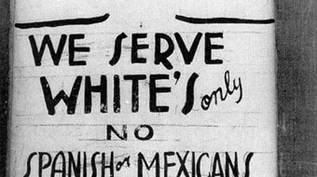 Photo: 12news Photo: 12news I’ve taught freshman composition courses for almost two years now, expecting my diverse body of students from multicultural backgrounds to all coalesce and perform to one standard above all others: White Vernacular English (WVE) or White American Vernacular English (WAVE). As writers, we pride ourselves on being open-minded yet authentic, and we hope our students do the same—as long as they adhere to what we consider valid style of writing. Why have the rigid, outdated principles the foundation of college composition was built on not shifted to accept other vernaculars?
(Photos courtesy of Flickr and Wikipedia.)
by Steve Royek The professional football career of Richie Incognito is probably over and he faces a life of being known as the white player who harassed black teammate Jonathan Martin with threatening and racist texts and voice messages. Could he, however, soon be trading in his orange and turquoise Miami Dolphins’ uniform for an orange prison jumpsuit? 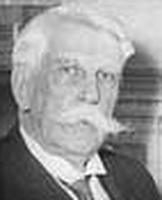 Oliver Wendell Holmes, Jr. Oliver Wendell Holmes, Jr. If Oliver Wendell Holmes Jr. had his way, he just might. Of all the names swirling around this sad, salacious scandal of language-based threats and violent rhetoric, one of the most interesting might be that of the former U.S. Supreme Court justice. Holmes authored the landmark 1919 “Schenck v. United States” opinion that set legal guidelines for violent speech with the often-quoted “shouting fire in a theatre” analogy. “Schenck” was the first high court ruling to carve out an exception to the once-absolute Freedom of Speech protection in the Bill of Rights. |
Archives
July 2024
Categories
All
|
|
Glassworks is a publication of Rowan University's Master of Arts in Writing 260 Victoria Street • Glassboro, New Jersey 08028 [email protected] |
All Content on this Site (c) 2024 Glassworks
|


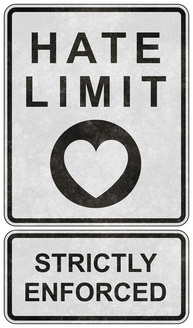
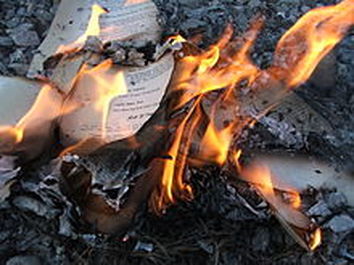
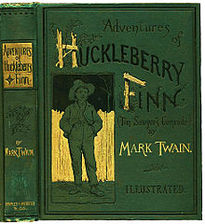
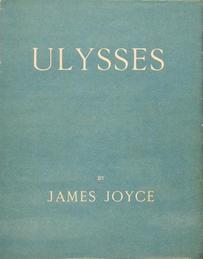
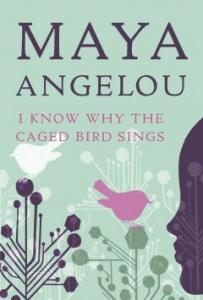
 RSS Feed
RSS Feed
